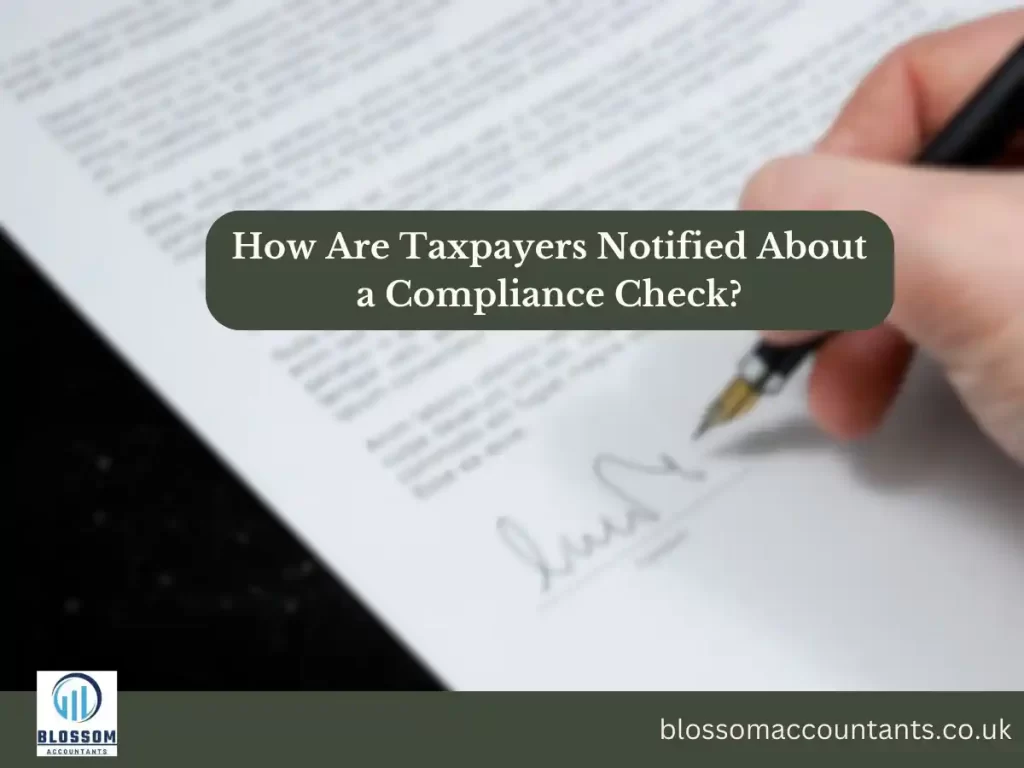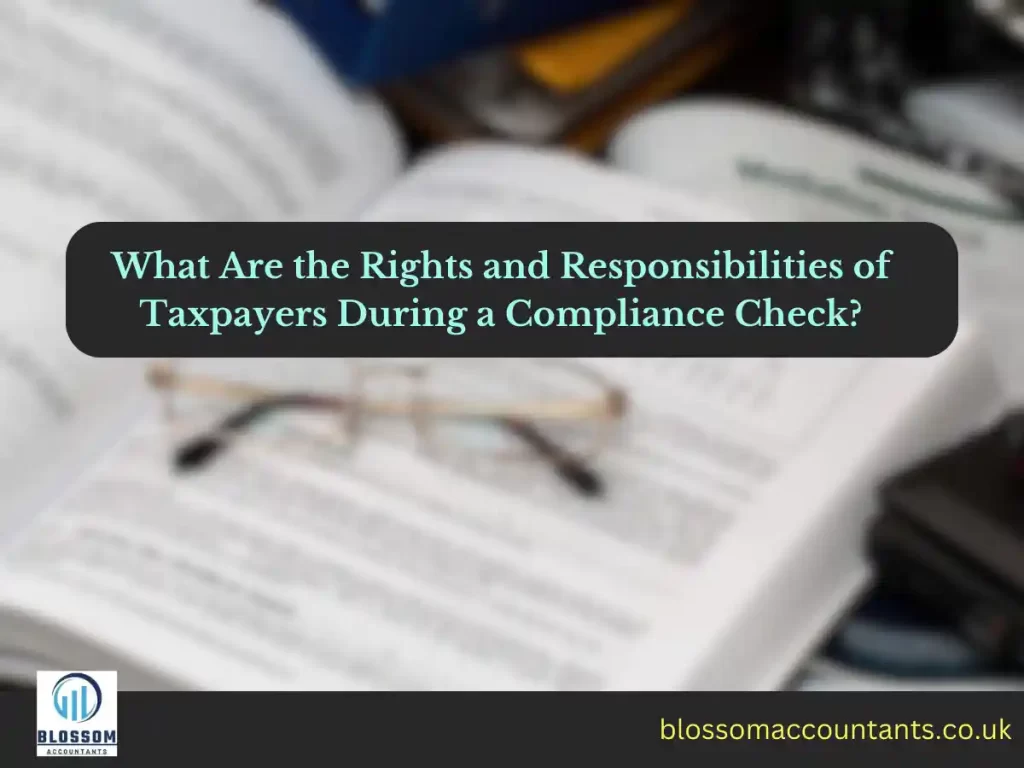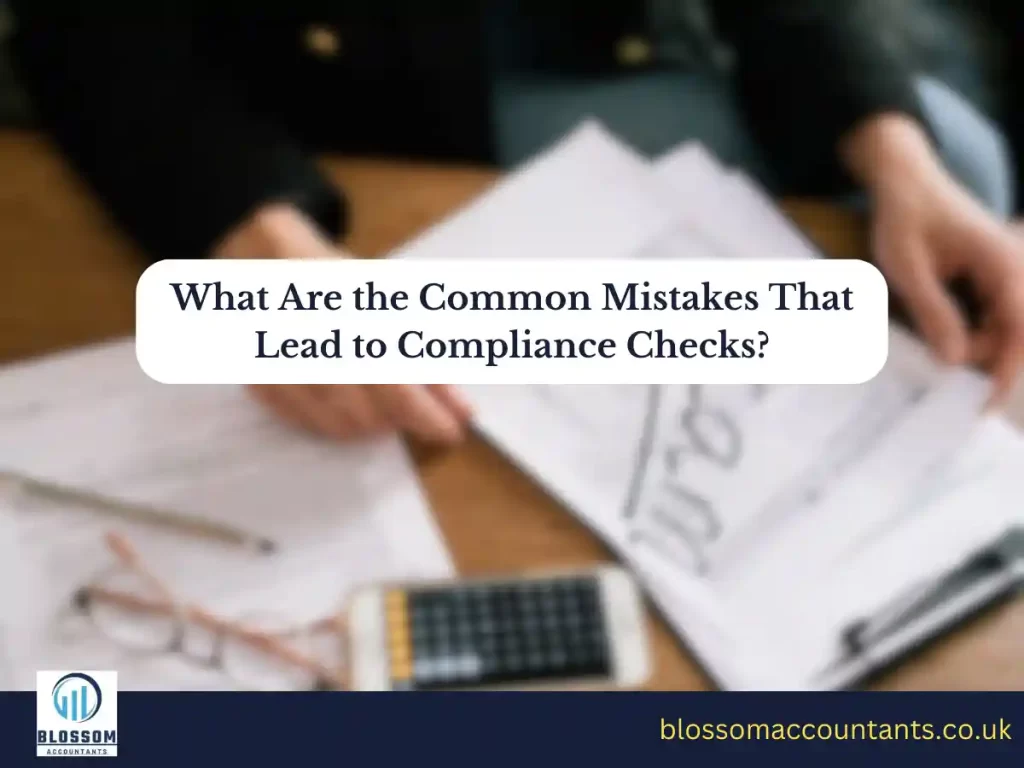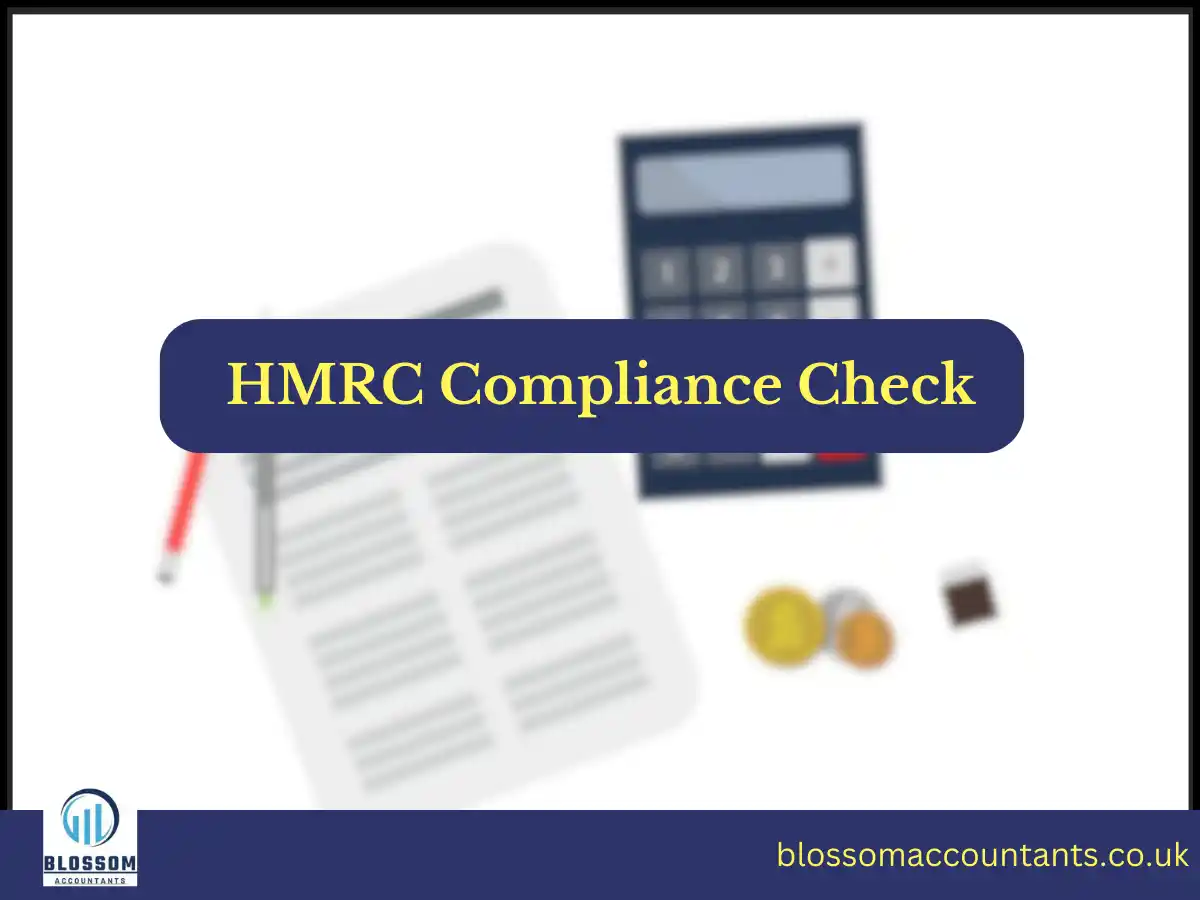The HMRC compliance check is a crucial aspect of the UK tax system, designed to ensure that businesses and individuals are meeting their tax obligations accurately and transparently. This comprehensive guide will provide an in-depth understanding of the HMRC compliance check process, its purpose, types, implications, and how to navigate it effectively. Whether you’re a business owner or an individual taxpayer, this guide will equip you with the knowledge needed to manage a compliance check with confidence.
Table of Contents
What is an HMRC Compliance Check?
An HMRC compliance check is a review conducted by HM Revenue & Customs (HMRC) to verify that taxpayers are accurately reporting their income, expenses, and other tax-related information.
Why Does HMRC Conduct Compliance Checks?
HMRC conducts compliance checks to ensure that taxpayers are complying with tax laws, detecting errors, preventing tax evasion, and maintaining the integrity of the tax system.
What Triggers an HMRC Compliance Check?
Various factors can trigger a compliance check, including discrepancies in tax returns, random selection, information from third parties, and red flags in the taxpayer’s financial activities.
What Are the Types of HMRC Compliance Checks?
There are different types of compliance checks, including aspect inquiries, full inquiries, employer compliance reviews, and more.
How Are Taxpayers Notified About a Compliance Check?
Taxpayers are usually notified about a compliance check through a letter from HMRC, outlining the scope of the check and the information required.

What Information and Documents Might HMRC Request During a Compliance Check?
HMRC may request various documents, such as bank statements, invoices, receipts, contracts, and other records relevant to the taxpayer’s finances.
What Is the Process of an HMRC Compliance Check?
The process involves an initial notification, gathering and submitting requested information, HMRC’s review, and potential adjustments to the tax liability.
What Are the Potential Outcomes of an HMRC Compliance Check?
The outcomes can vary, including no further action, adjustments to the tax liability, penalties for errors, and criminal investigations in cases of deliberate non-compliance.
How Can Taxpayers Prepare for an HMRC Compliance Check?
Effective preparation involves organizing financial records, ensuring accurate reporting, seeking professional advice if needed, and cooperating fully with HMRC.
What Are the Rights and Responsibilities of Taxpayers During a Compliance Check?
Taxpayers have the right to appeal decisions, the right to confidentiality, and the responsibility to provide accurate and timely information to HMRC.

How Does Technology Impact HMRC Compliance Checks?
Advancements in technology have streamlined the compliance check process, allowing for electronic submission of documents and efficient communication.
What Are the Penalties for Non-Compliance During a Compliance Check?
Penalties can be imposed for errors, inaccuracies, and non-compliance. The amount depends on the severity of the issue and whether it was accidental or deliberate.
How Can Taxpayers Appeal the Outcome of a Compliance Check?
Taxpayers can appeal through HMRC’s internal review process or through an independent tribunal if they disagree with the outcome of a compliance check.
How Can Taxpayers Avoid Future HMRC Compliance Checks?
Maintaining accurate records, seeking professional tax advice, and submitting complete and accurate tax returns can reduce the likelihood of future compliance checks.
What Are the Common Mistakes That Lead to Compliance Checks?
Common mistakes include inaccurate reporting of income, failure to declare all sources of income, errors in deductions, and inconsistencies in financial records.

What Are the Benefits of a Transparent and Accurate Tax Compliance?
Transparent and accurate tax compliance not only avoids penalties and legal issues but also contributes to a stable and fair tax system.
How Has the HMRC Compliance Check Process Evolved Over Time?
The process has become more streamlined, with increased use of technology, digital communication, and data analytics.
What Are the Future Trends in HMRC Compliance Checks?
Future trends may involve even greater automation, data sharing between government agencies, and enhanced risk assessment techniques.
How Can Taxpayers Stay Informed About HMRC Compliance Check Updates?
Regularly checking HMRC’s official website, subscribing to newsletters, and consulting with tax professionals can help taxpayers stay informed.
How Can Taxpayers Approach a Compliance Check with Confidence?
By maintaining accurate records, seeking professional advice, and cooperating fully with HMRC, taxpayers can approach a compliance check confidently.
Conclusion:
The HMRC compliance check is a crucial mechanism that ensures the integrity of the UK’s tax system. It is essential for taxpayers to be aware of their rights and responsibilities during the process, as well as how to effectively prepare and navigate a compliance check. Transparent and accurate tax reporting not only avoids penalties but also contributes to a fair and stable tax environment. By staying informed, using technology to their advantage, and seeking professional guidance, taxpayers can confidently manage an HMRC compliance check and maintain compliance with tax laws.
DISCLAIMER: We have written the UK accounting and tax related details for your information only. For professional advice or for any accounting task you require, you may need to speak to a professional accountant near you who can assist you. Please read our disclaimer for more details.

